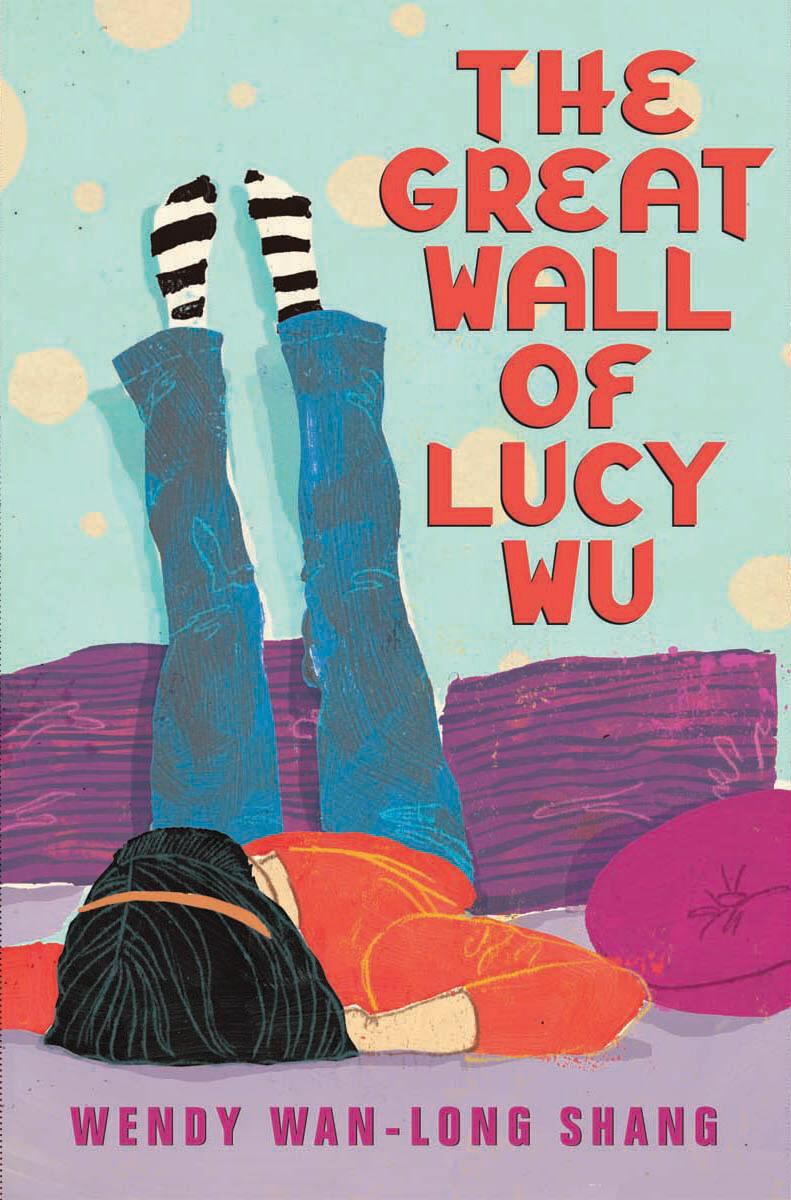There is a Chinese story that goes like this: An old man lived at the edge of the northern frontier. One day, his horse ran away, and the neighbors came to comfort him. What a loss! But the old man didn’t worry. “This may turn out to be good,” he said.
Sure enough, a few days later, his horse returned, bringing another horse with it. This new horse was beautiful and swift. Now the neighbors complimented the old man on his good fortune. “While it is true that I have gotten this other horse for free, something bad may happen,” replied the old man.
The old man had a son who loved this new horse, and he often took it out to race in the fields. One day, the son fell off the horse and broke his leg. The neighbors shook their heads at the man’s bad fortune, but the old man was not concerned.
Shortly after that, the emperor called up all the young men in the kingdom to fight in a war. The son of the old man could not go because of his broken leg, but many other young men lost their lives in the bloody battles that followed.
In Chinese, if you want to say that something good may turn into something bad, or vice versa, you say, Sai weng shi ma, or The old man at the frontier lost his horse.
I wish I had known this saying when I thought I was going to have the perfect year.
Comprehension Questions
1. What does the narrator wish she had known earlier?
A. That she really loves horses.
B. That people with injuries don't have to go to war.
C. That something good may turn into something bad.
A. The second horse was mean.
B. The man's son fell off the second horse and broke his leg.
C. The second horse ate all of the old mans food.
Your Thoughts
Vocabulary
4. List any vocabulary words below.

